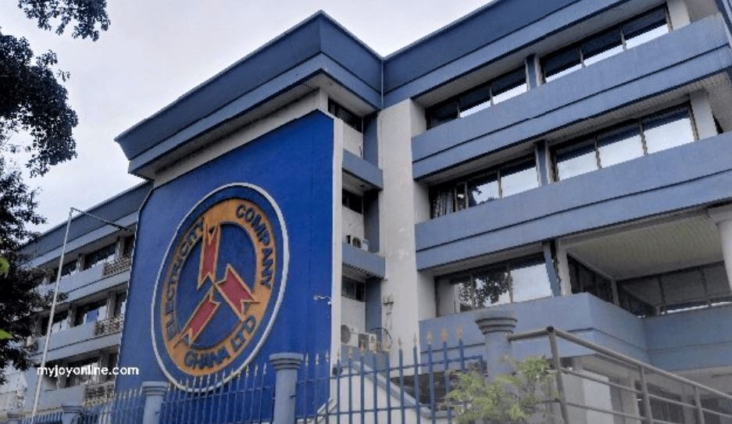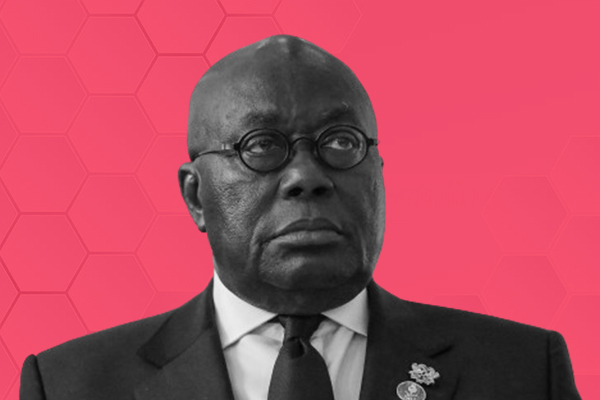There is no free lunch indeed!
In the unprecedented times of the COVID-19 pandemic, the Government of Ghana took a bold step to provide relief to its citizens.
Between April and September 2020, over GH¢1 billion was spent to grant free electricity to lifeline consumers and absorb a substantial 50% of all electricity bills for residential and commercial customers.

However, the adage "there is no free lunch" proved true as subsequent fiscal measures aimed at recouping losses and sustaining economic recovery brought about a significant shift.
2021: A taxing twist in the tale
In 2021, the government responded to the ongoing challenges posed by the pandemic by introducing the COVID-19 Health Levy on the supply and importation of goods and services with some exemptions.
This move had a ripple effect, leading to an increase in Value Added Tax (VAT) and the National Health Insurance Levy (NHIL). The fiscal landscape was evolving, setting the stage for a delicate dance between relief and revenue generation.
2022: Lifeline consumer bracket truncated - eye clear?
To bolster revenue and address the mounting costs of power generation, the government decided, in 2022, to truncate the lifeline consumer bracket for electricity. From 0-50 kWh, it was reduced to 0-30 kWh. This shift, while driven by economic necessity, left many consumers priced out after having enjoyed free electricity during the pandemic.

The government's balancing act between fiscal responsibility and providing affordable services faced its first major challenge.
2023: Adapting to economic realities with quarterly tariff adjustments
In 2023, recognizing the need for a more adaptive approach, the government introduced a quarterly utility tariff adjustment system.
This innovative system aimed to navigate the complex economic realities, providing a more responsive mechanism for regulating utility tariffs. It signaled a commitment to finding sustainable solutions amidst an ever-changing landscape.
2024: VAT imposed on high consumption - the final chapter in the recovery exercise?
As part of the government's comprehensive COVID-19 recovery program, a new fiscal measure was implemented on January 1, 2024. VAT was charged on residential electricity customers consuming more than 30 kWh.

This marked a culmination of efforts to recover losses and generate revenue post-pandemic.
The government, having initially provided relief, now faced the challenging task of striking a balance between economic recovery and the financial burdens placed on its citizens.
Many consumers were priced out after enjoying power for free during the heat of the pandemic and households who enjoyed a 50% discount on their bills their the pandemic have been paying more after the free lunch and they will definitely pay more as a result of this tax move.
Follow Isaac Kofi Agyei on:
Twitter (X): @isaackofiagyei
LinkedIn: Isaac Kofi Agyei
Latest Stories
-
Livestream: Newsfile discusses KPMG report on SML deal, ILO on SSNIT reserves and NDC’s running mate
10 mins -
Ghanaian activist hugs over 1,100 trees in an hour to set Guinness World Records
11 mins -
Mathew Anim Cudjoe’s Dundee United promoted to Scottish Premiership after Championship win
12 mins -
NSMQ star Jochebed Adwoa Sutherland sweeps 12 awards at UG Vice-Chancellor’s Ceremony
59 mins -
Ghana’s Education Quality ranked 125 out of 183 countries in latest Global Youth Development Index
1 hour -
Emma Stone wants people to use her real first name
1 hour -
FIFA Club World Cup 2025: Sundowns, Esperance join Al Ahly and Wydad as CAF representatives
5 hours -
CAFCL: Al Ahly set up historic final with ES Tunis
6 hours -
We didn’t sneak out 10 BVDs; they were auctioned as obsolete equipment – EC
9 hours -
King Charles to resume public duties after progress in cancer treatment
10 hours -
Arda Guler scores on first start in La Liga as Madrid beat Real Sociedad
10 hours -
Fatawu Issahaku’s Leicester City secures Premier League promotion after Leeds defeat
10 hours -
Anticipation builds as Junior Speller hosts nationwide auditions
11 hours -
Etse Sikanku: The driver’s mate conundrum
11 hours -
IMF Deputy Chief worried large chunk of Eurobonds is used to service debt
12 hours

